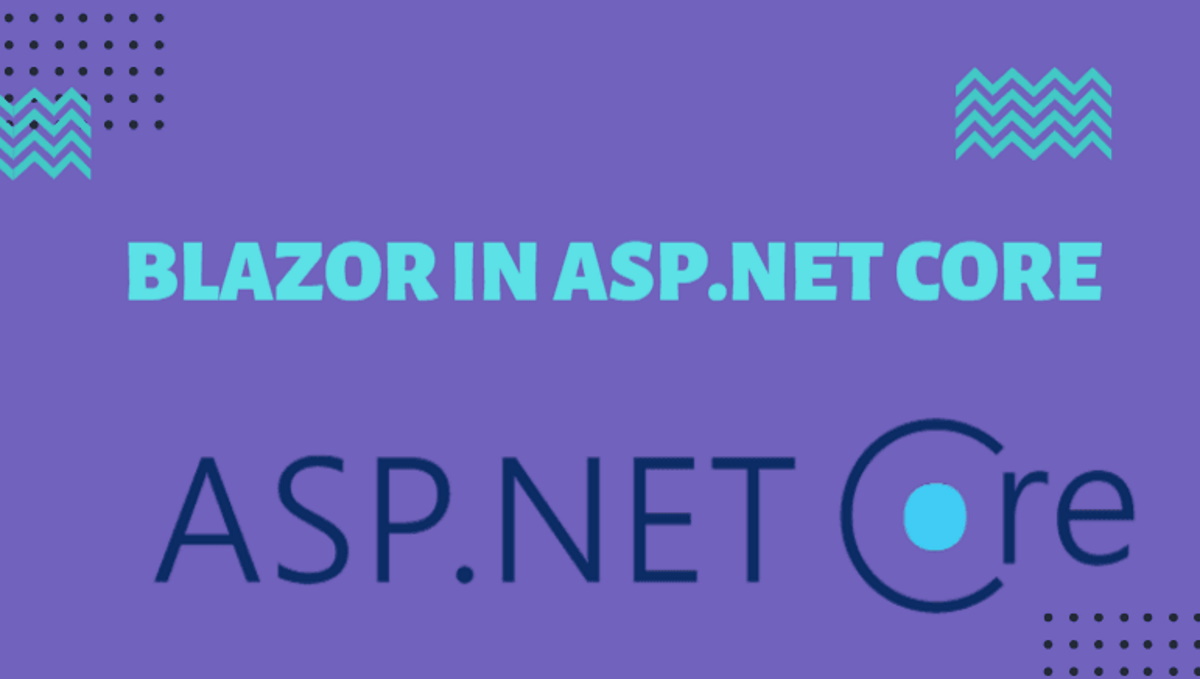Note Taking Apps

These days we all overwhelmed with information, and keeping what's important within reach is essential for functioning as successful human being. Some still use paper notebooks, like animals, but I won't go there. Here is what I used over time to keep up with everything I need to remember.
Evernote
Back in the day, it was no-brainer - the best-in-class (arguably, it created this class), innovative, fun, and enjoyable to use. Unfortunately, they couldn't figure out how to monetize it, and eventually, they chose the dumbest way possible by making the free version completely useless and the paid version prohibitively expensive. Usage plummeted, people went away, and stopped paying attention. Every time I read about it in the news later on, it's all pain and struggle.
OneNote
After the Evernote disaster, I moved to Microsoft's OneNote. It is solid, well integrated with Office and feature rich. A little boring, perhaps, but professional and familiar to every Office user, which is practically every adult on this planet. I would probably stop there, but it has one weird issue which is a deal breaker for me - it can't handle multiple accounts. Just like Evernote, it is cloud-based, meaning all content is saved somewhere on the Internet, and you just log in with your MS account and sync it to your computer's folder. That works great when you have single account, you just set and forget, all works fine. But if you have multiple and need to switch, bad things happen. And I have both work and personal accounts, to start with.
Another bizarre thing is the schizophrenic development with two different client implementations fighting each other. There is old desktop OneNote program that looks like it was built for Windows 98 and new modern version, stupidly named "OneNote for Windows 10" - this looks pretty and consistent with apps on phones and tablets. Apparently, according to MS, the old one is the future. Go figure... So my solution was to keep using OneNote at work and find something else for personal use.
Notion
This one is also cloud-based and, probably, most popular. Their marketing team is really, really good. YouTube is filled with videos on "how I plan my life with Notion" sponsored by, you guessed it, Notion. But for some reason it never clicked with me. I don't know why, it is good, but I always felt like I'm spending way too much time organizing my notes and then trying to find them. Felt a little too slow and complex for my taste, probably I'm not enough detailed-oriented for this workflow. Anyway, I honestly tried to make it work and failed. But it should work just fine for most people I think.
Mem
Mem, it seems, was specifically designed to use with AI. It differ from others like early Google differed from Yahoo "internet directory". Instead of relying on structure with folder tree, tags, links and so on, it just heavily leans on search. You pretty much throw all into big pile and then have various ways to fish it out with smart queries. When used with AI, it is like you ask a person to find something, even vaguely related, and it does pretty good job displaying all relevant notes. Nice.
The catch is, AI part is not free and without AI it is not that impressive. So my current approach is to wait and see if it is useful at all after free AI trial expires.
Obsidian
Obsidian is not perfect, sometimes it drives me nuts, but it has lots of things I really like.
- Local first. It is basically glorified Markdown editor that works with local folder. All your data belongs to you.
- Private and secure. You can keep all your notes on the hard drive, thumb-drive, your own NAS or whatever. No one parses your data, sells it to advertisers or our robot overlords (looking at your, Chat GPT).
- Future proof. You can keep current version forever and ever, and it will always work with your notes.
- Crazy customizable - detailed settings, many themes and plugins. You can even build your own having limited programming skills.
- Very powerful, specially with growing number of plugins created by community.
There some cons, too.
- To monetize, project provides cloud-based storage with sync and some other services as paid subscription. It means, syncing across devices for free is limited. I would want to use my own NAS as "cloud", but iCloud is the only option to sync to my phone or tablet. This defeats most privacy and security advantages, and iCloud has some issues - like creating duplicate notes once in a while, for example.
- As project grows, it becomes more complex and, as a result, more buggy and harder to use. I'm running into issues with UI and sync more often lately.
Just as Notion, as you invest time and effort into bending it to your needs, it is getting better, easier to use and harder to justify the switch to another note taking app. Overall, Obsidian's pros overweight cons by far and I'll keep using it for time being.



